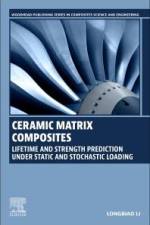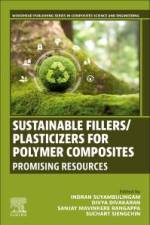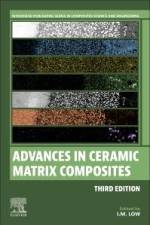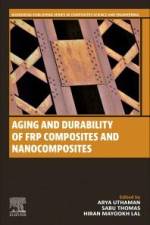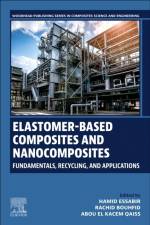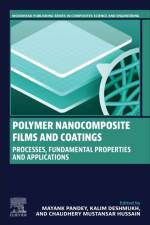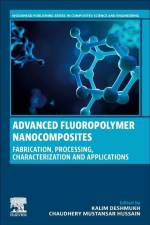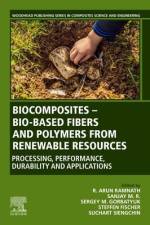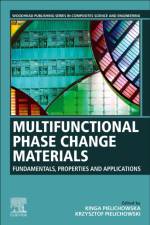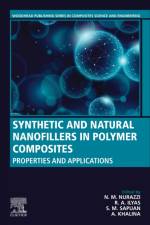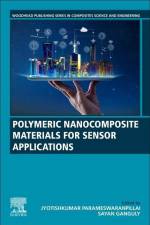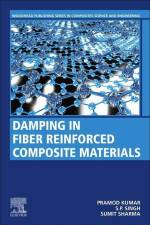av Virender Pratap Singh, Rohit Jasrotia & Susheel Kalia
3 467
Magnetic Nanoferrites and their Composites: Environmental and Biomedical Applications addresses recent developments in this important research field. The book covers the latest synthesis and fabrication techniques, properties, characterization and multifunctional biomedical and environmental applications. Chapters provide cutting-edge research while addressing the latest scenarios, recent developments, future aspects, and challenges and opportunities attributed to their excellent properties, including large surface-to-volume ratio, high chemical stability, low eddy losses, moderate values of saturation magnetization and coercivity, large adsorption, non-toxicity, bio-degradable and biocompatibility. This book will be a valuable reference resource for researchers, engineers and technologists working in this important research field. Magnetic nanoferrites and their composites are now utilized in a broad range of different application fields such as catalysis, biomedicine, magnetic resonance imaging (MRI), tissue targeting, drug delivery, sensors, environmental remediation, data storage, transformers, switching devices, high frequency and microwave devices.

